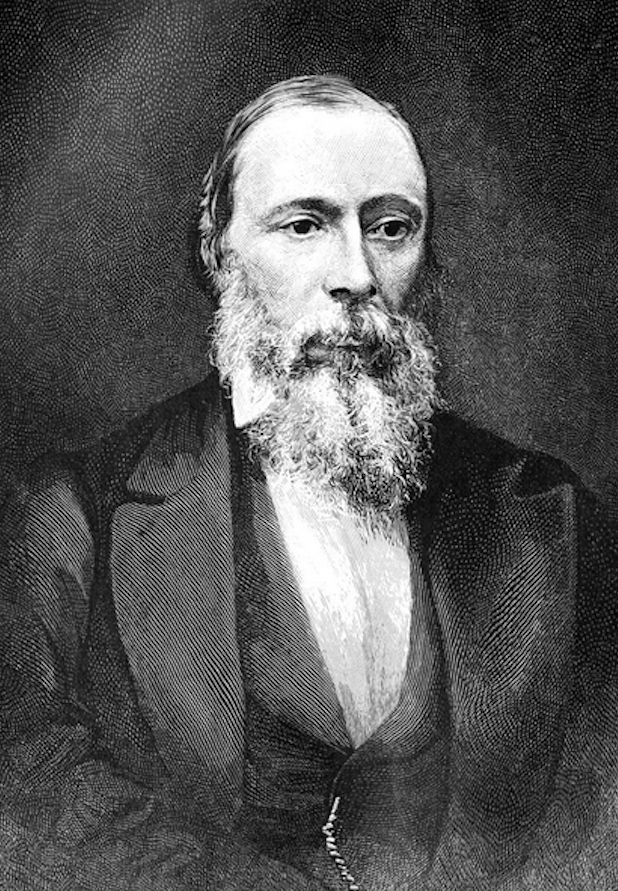By Lynn Burnett
One of the strangest and also least-known tales from the chronicles of abolitionism is the story of Jean-Charles Houzeau, a Belgian astronomer born in 1820. When revolutions swept across Europe in 1848, Houzeau’s revolutionary sympathies cost him his position running the royal observatory… and put his life in danger. In order to disappear, he relocated to the Texas frontier, just before the Civil War. The European revolutionary was horrified by the slavery he witnessed there, and Houzeau participated in an underground movement to help fugitive slaves escape south to Mexico. During the Civil War, he helped Union sympathizers who were being hunted by Confederates escape as well. Soon, Houzeau had to flee himself. He had become fascinated by the plant and animal life of the Texan deserts, and his skin had browned from his extensive time conducting biological research under the desert sun. The scientist disguised himself as a Mexican laborer, and crossed the border into Mexico.
When New Orleans was liberated even as the Civil War raged on, Houzeau crossed back across the border to live there. He was soon submitting articles to the local Black newspaper, The New Orleans Tribune, sharing his ideas for how greater degrees of Black freedom could be attained and how Black unity across regional and class differences could be strengthened. Because Houzeau spoke French and had a light brown complexion, the owners of the paper – who were light-skinned Black men who spoke French and had even studied in Paris – at first assumed that Houzeau was a light skinned Creole man, until he told them otherwise. When they asked Houzeau to become the editor of the paper, however, they did not disclose his race… in fact, the Tribune instead emphasized that it was “edited by men of color” and that it would never be “controlled by any white man.” The Belgian scientist and revolutionary did not dispute this, and began passing for Black… perhaps because the Tribune leadership had decided it was in the paper’s best interest for him to do so. This arrangement continued for three and a half years, when Houzeau left the paper, and moved to Jamaica.
Houzeau’s experiences with revolution and revolutionary thinking in Europe gave him a unique analysis of American power dynamics and race relations that the Tribune valued, and which helped it become a leading Black newspaper in the U.S. Under Houzeau’s editorship, The Tribune’s reach soon extended to Black communities across the country, and even into the halls of Congress, where it was read widely by abolitionists and later by supporters of Radical Reconstruction. Half a century later, W.E.B. Du Bois quoted extensively from the Tribune in his masterful book Black Reconstruction, hailing the newspaper during the time it was run by Houzeau as “an unusually effective organ” during the era of emancipation.
Additional Resources
Books
Jean-Charles Houzeau:
- My Passage at the New Orleans Tribune: A Memoir of the Civil War Era.
- Jean-Charles Houzeau’s Escape from Texas: A Belgian Astronomer Caught in the American Civil War.
Articles
Wikipedia entry.
